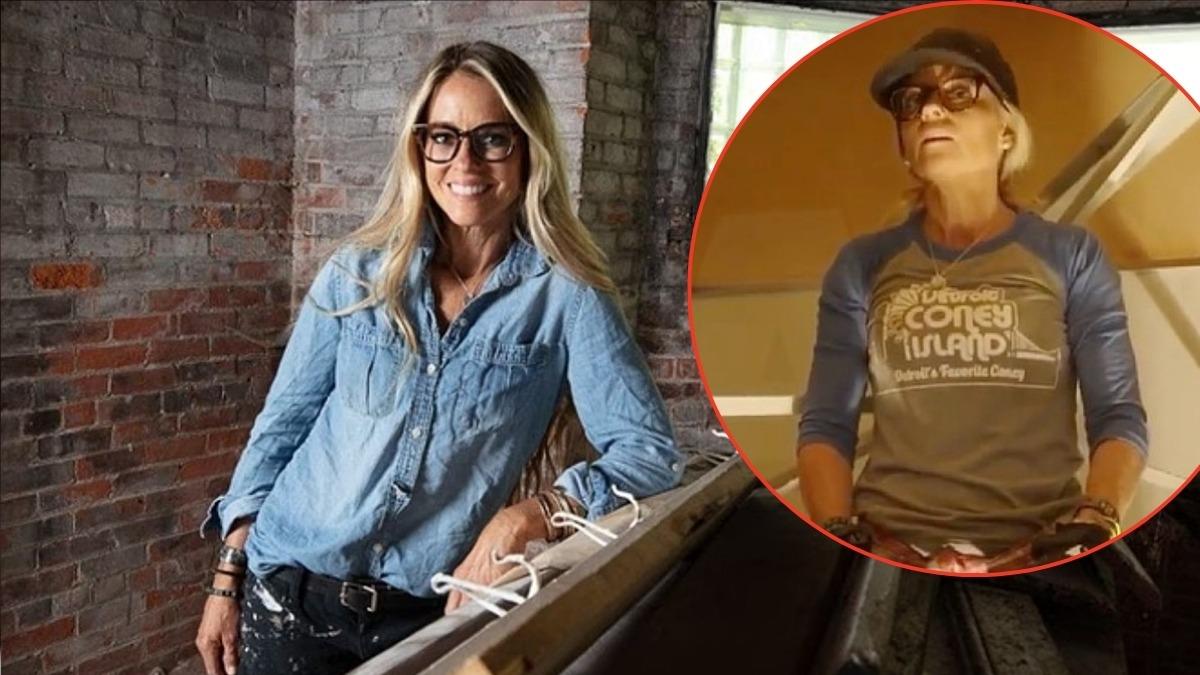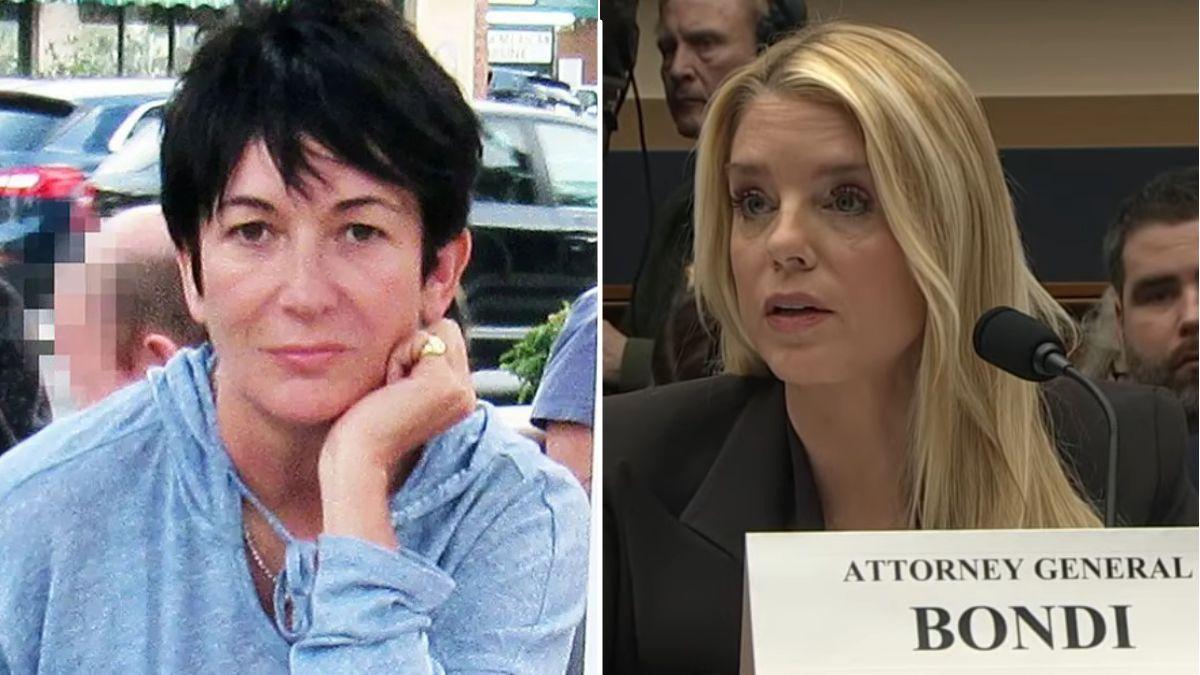'My God, I'm Japanese': Gwen Stefani, Born To Italian-American And Irish-American Parents, Makes Bizarre Claim That She's Part Asian
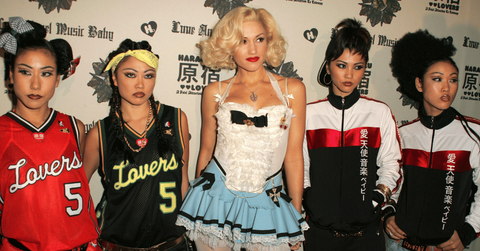
Jan. 10 2023, Published 6:00 p.m. ET
American singer Gwen Stefani may not be a Hollaback Girl — but she insisted that she is of Japanese descent. The former No Doubt frontwoman made the bizarre claim in a recent interview, RadarOnline.com has learned.
Stefani, 53, has been accused of cultural appropriation from her Harajuku Girls era. The so-called Queen of Ska claimed she had an epiphany that she was "Asian" after visiting the Japanese district, which became the namesake and inspiration for her hit song and subsequent business ventures.

Stefani made the claim during an interview with Allure, were she revealed the inspiration for her controversial 2008 Harajuku Lovers fragrance collection, which followed her Love.Angle.Music.Baby. 2004 album.
"I said, ‘My God, I’m Japanese and I didn’t know it," Stefani told the Allure journalist Jesa Marie Calaor, a first generation Filipino-American. "I am, you know."
Stefani was born in California to an Italian-American father and Irish-American mother — the Rich Girl singer has no ethnic ties to Japanese culture.
Nonetheless, Stefani doubled-down on her claim and insisted that she was a "Japanese girl."
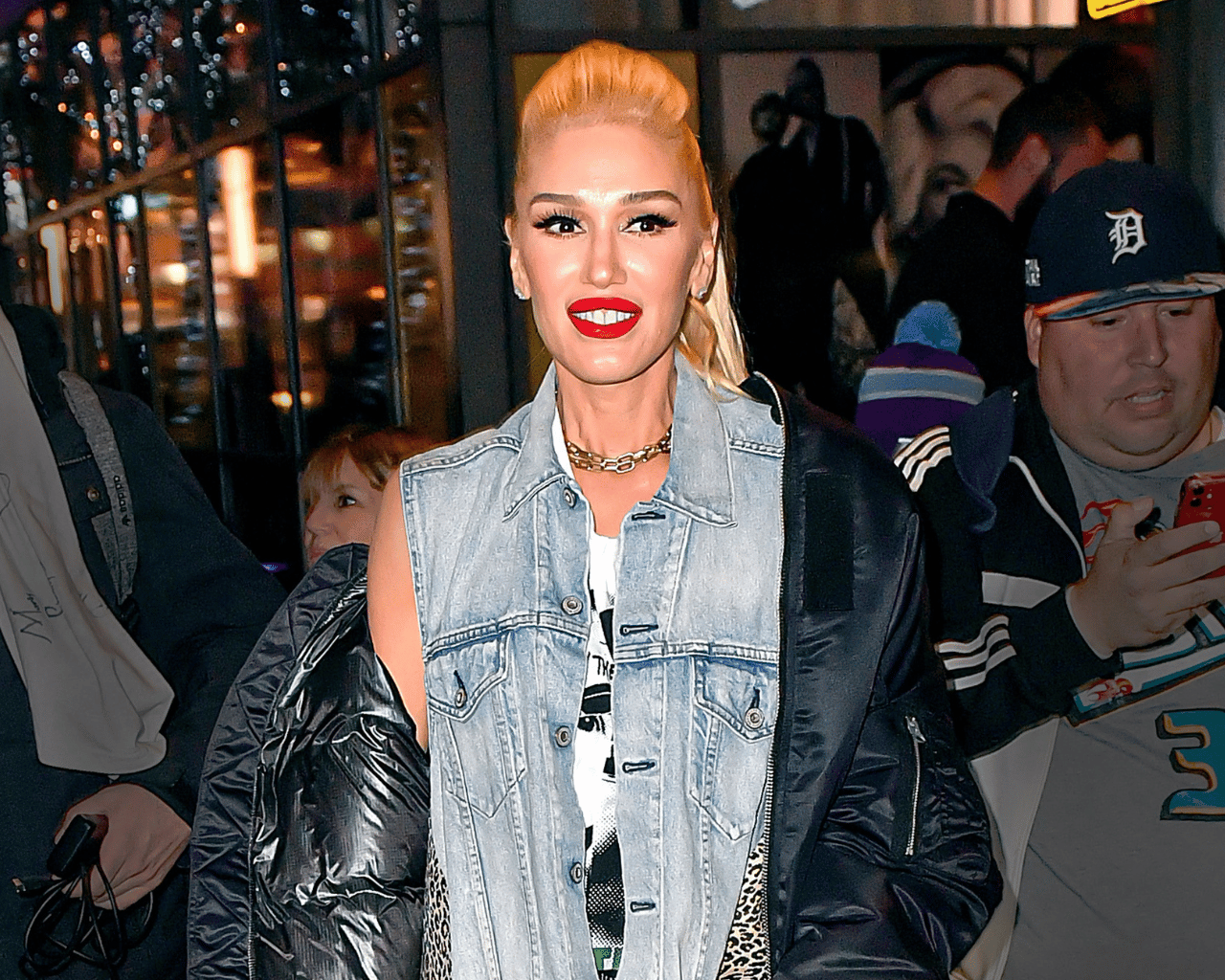
Stefani continued to insist that she, in fact, does identify as Asian and professed that she's "a little bit of an Orange County girl, a little bit of a Japanese girl, a little bit of an English girl."
Stefani also told the journalist that there is an "innocence" in her relationship with Japanese culture but she considered herself a "super fan."
"If [people are] going to criticize me for being a fan of something beautiful and sharing that, then I just think that doesn't feel right," Stefani said of backlash received in the decades since her L.A.M.B. debut. "I think it was a beautiful time of creativity… a time of the ping-pong match between Harajuku culture and American culture."
"[It] should be okay to be inspired by other cultures because if we're not allowed then that's dividing people, right?" Stefani added.
While the line for Stefani between cultural appropriation and appreciation may be thin, the gravity of statements made to the journalist was quickly realized by the singer's PR team.
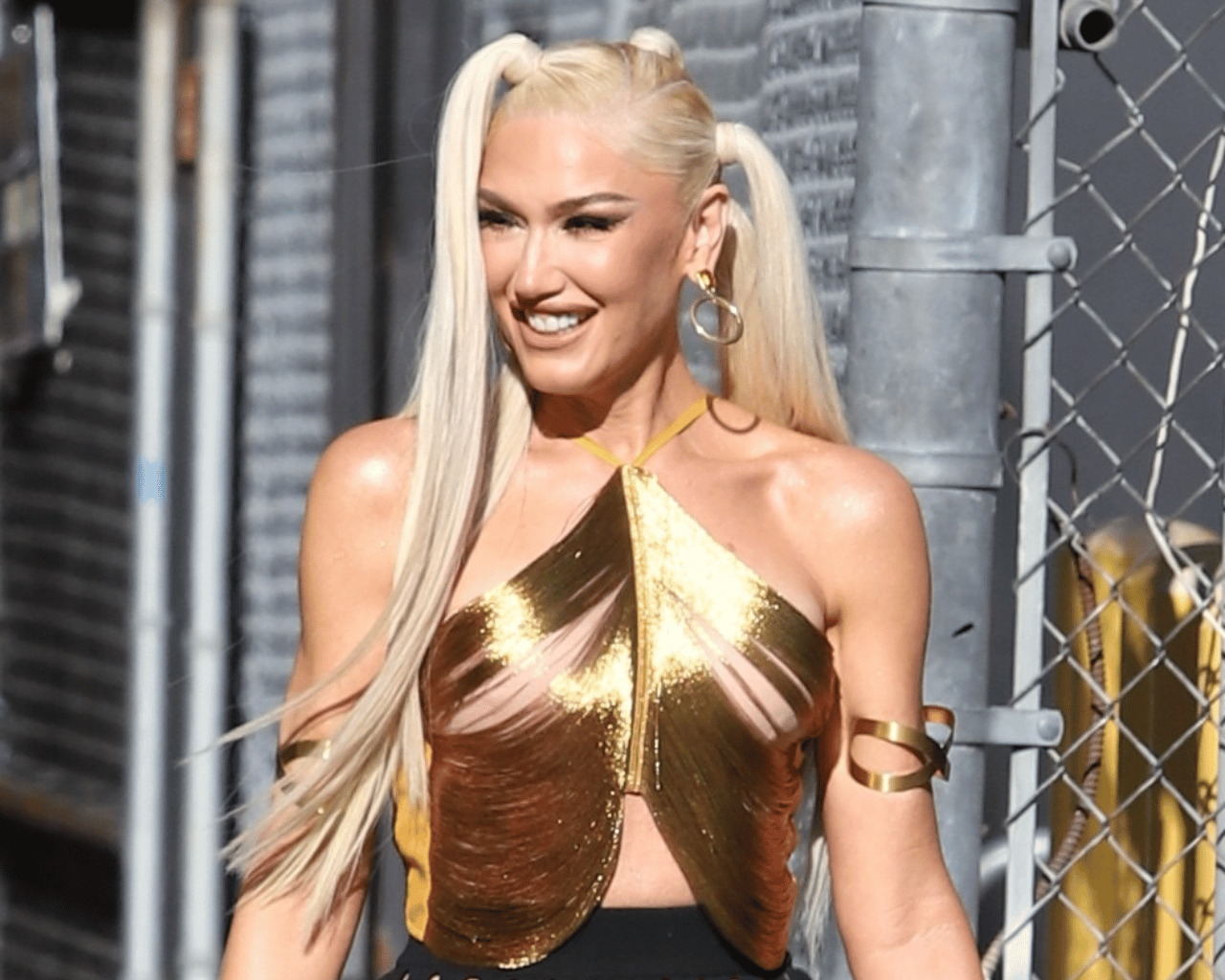
The following day, Stefani's rep allegedly reached out to Calaor in an attempt to walk back The Voice coach's comments.
The rep insisted that the interviewer "misunderstood" Stefani's message — to which the magazine responded with an on-the-record clarification request.
Stefani's team declined the invitation to elaborate on her earlier statements.

Powered by RedCircle

